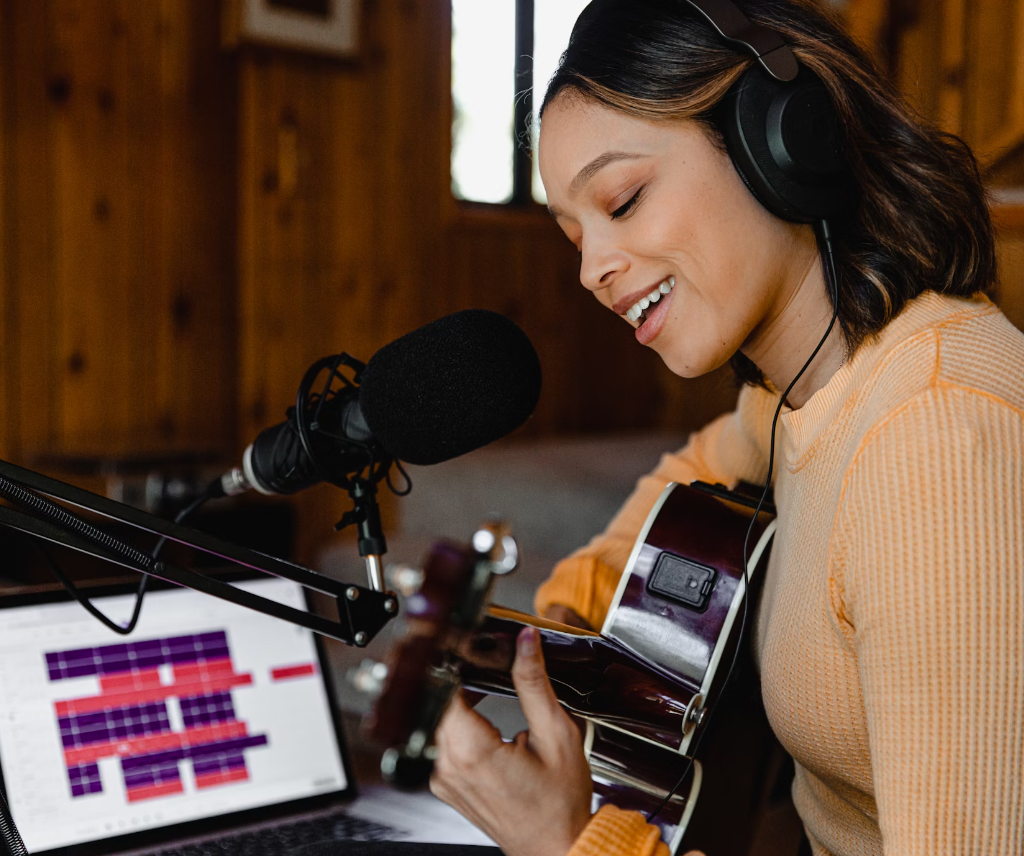Independent artists, or indie artists, have increasingly impacted the music industry in recent years especially for newcomers. Artists no longer need a record label to be heard and can independently manage their own music and publishing. Moreover, accessibility and social media can organically produce the audience and attention many artists seek. Indie artists changed what it means to be a present-day artist and continue to change the music industry.
Continue reading to learn how indie artists changed the music industry.
Self-Published
Online music distribution sites have been a significant outlet for newer artists to share their music in an accessible and convenient format. Sites like SoundCloud, Spotify, Amuse, and YouTube offer free to inexpensive subscriptions to publish music with possible growth and exposure. Business Insider, a business and media website, notes that SoundCloud offers various options for published tracks like private mode or enabling downloads.
YouTube and YouTube Music, on the other hand, can be used to give an artist a visual identity and personality besides audio tracks. For instance, artists can upload music videos to accompany their latest release and interact with their community through the comment section. In addition, these music distribution services have mobile and desktop options which makes distribution much more accessible and convenient for artists. As a result, indie artists can garner a loyal fanbase that are dedicated to any creative pursuits by the artist.
Experiential & Creative Liberties
Indie artists have full creative control over their music which can preserve the musical integrity of their work. For instance, fresh producers can experiment with their sound through affordable producing services like FL studio. Artists can also write their own music and lyrics without relying on ghost writers or expectations of record labels.
Forbes, a business magazine, states that artists “build their career at their own pace, and with their own style.” They add that artists also feel “it’s important for them to retain creative control over their music.” No subject or musical idea is too strange or informal, but it allows creative freedom for artists to find their sound and voice. In addition, the use of online outlets like social media can help promote an artist’s unique sound to an interested audience.
Social Media
Social media is a useful tool for independent artists to share their personality and insight to their latest work. In addition to sharing their latest works, independent artists can license their music into audio bits that can be credited to them on both TikTok and Instagram. Artists can also generate engagement with their audio bits and social media profiles through posts, comments, exclusive previews to their work, and more. Artists have a chance to go viral through social media and gain more traction to their profile and external outlets. Overall, it is a beneficial tool that any new artist can use to their advantage.
To Conclude
Indie artists have changed the music industry to help other aspiring artists create their own path separate from record labels. Currently, they can be in charge of their own music, publishing, and image through online outlets and services. Ultimately, independent artists can establish and build themselves up with no concern to their musical and image integrity.
To learn more about music, art, communities, and gaming, visit the rest of FerryGodmother.com.

